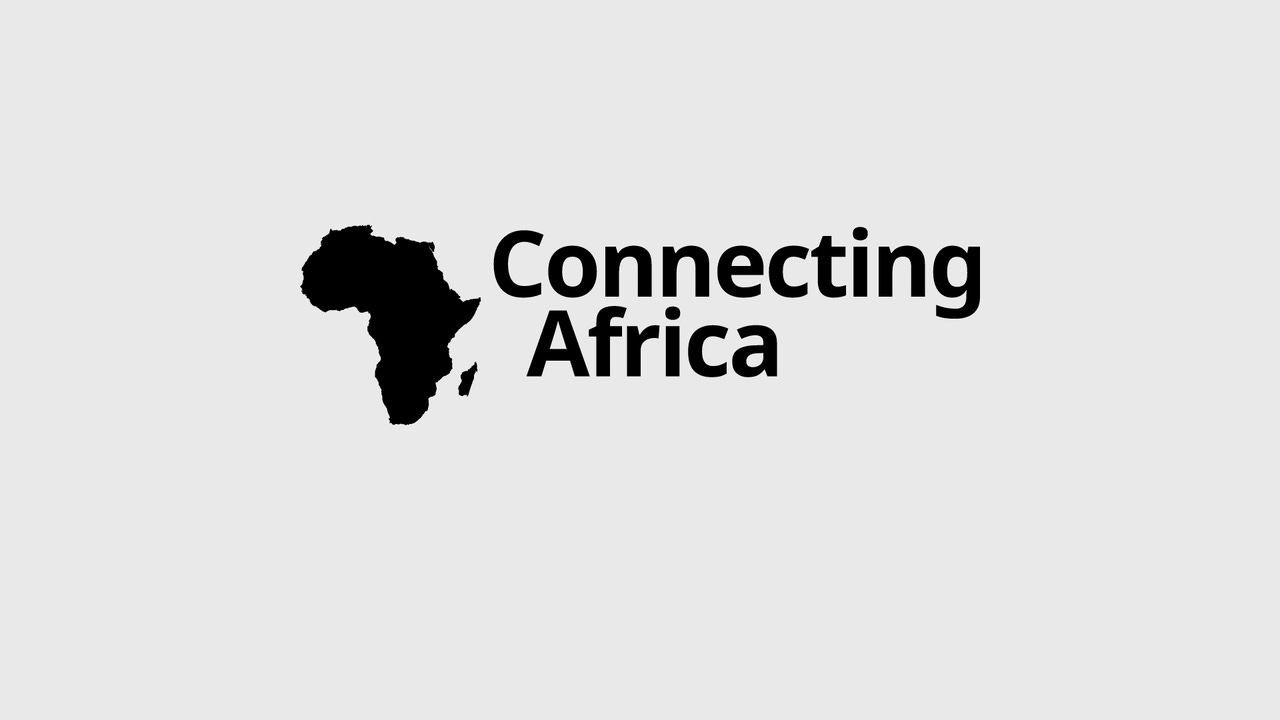Bank cards still beat mobile payments in AfricaBank cards still beat mobile payments in Africa
A new research report from Omdia and OpenWay has found that consumer demand for debit and credit cards still outweighs that for mobile money, according to African banks.

Despite huge strides in mobile payment solutions in Africa, most banks on the continent find that consumer demand for old fashioned plastic debit and credit cards still outweighs that for other payment technologies such as mobile payments.
This is according to a new research report from Omdia (previously known as Ovum) and OpenWay titled Digital Payments in Africa: Opportunities and Challenges.
The research revealed that 32% of banks ranked debit cards first as the product most in demand by consumers, 23% selected credit cards, and just 9% selected mobile domestic person-to-person (P2P) payments.
However, there were some exceptions, most notably in East Africa, where demand for mobile bill payment products is on a par with demand for debit cards. This makes sense in a region that has seen ongoing success from Safaricom's mobile money offering M-Pesa as well as the likes of MTN Mobile Money in countries such as Uganda and Rwanda or Airtel Money in Tanzania.
 Despite the high demand for physical cash cards, Africa's bankers are still interested in mobile money and the report found that 71% of banks surveyed are already currently active in mobile money, while 22% are planning to enter the space.
Despite the high demand for physical cash cards, Africa's bankers are still interested in mobile money and the report found that 71% of banks surveyed are already currently active in mobile money, while 22% are planning to enter the space.
The fact that bankers continue to focus on debit and credit cards also makes sense as these offerings are more lucrative to banks than mobile money.
"Over 95% of banks across the region stated that debit and credit card operations recorded profits exceeding or in line with the rest of the organization, while 11% of banks stated that mobile money was more likely to record lower than average profitability, indicating that some players are still seeking to understand how to best monetize the opportunities afforded by mobile payments," the report's authors said.
The banks are also investing in mobile payments quite heavily, with 65% of banks stating they are currently investing and 26% stating they are planning to invest.
Of the banks that already have mobile money programs, bank transfers and bill payment products are most commonly offered (with around 90% of providers offering them) and domestic P2P payment slightly less so (at 80%) but this is a key area for investment.
 Omdia and OpenWay surveyed 163 bankers and merchants from Ethiopia, Ghana, Kenya, Nigeria, Rwanda, South Africa and Tanzania in September and October 2019 in order to compile the report.
Omdia and OpenWay surveyed 163 bankers and merchants from Ethiopia, Ghana, Kenya, Nigeria, Rwanda, South Africa and Tanzania in September and October 2019 in order to compile the report.
The breakdown of transaction volumes by payment type for merchants surveyed show that cash is still king and makes up 39% of transactions. Debit and credit cards make up 36% while mobile money makes up just 13% of transactions and prepaid cards another 13%, with the last 2% listed as "other."
Youth favor mobile money
What was clear from the research is that mobile money is definitely still favored by younger consumers, with 80% of banks agreeing that younger consumers are more inclined to use mobile money than older demographics. In addition, 100% of merchants surveyed agreed with the same statement.
More than 70% of merchants said that appealing to the next generation of customers is extremely important in terms of determining their retail payments acceptance strategy. While 65% of merchants already accept mobile money, 23% said they plan to add this option in the coming year.
With the exception of Nigeria, the mobile payments space in most markets has been dominated by telco providers, not banks. However, a number of banks in the region already have partnerships with telco companies, for example Equitel, the partnership of Equity Bank and Airtel in Kenya, while many also partner with international remittance specialists such as WorldRemit.
"However, there has been less collaboration with fintech startups, suggesting an area for future exploration," the report said.
While banks have traditionally been most active in the card-issuance space, the greatest future opportunities are now considered to be in taking advantage of new payment technologies.
Across the region, 41% of banks stated that they saw the greatest prospects of all in supporting growth in digital commerce with digital wallets.
"This was a consistent trend throughout the region, with banks in South Africa just as likely to see the greatest opportunity in digital wallets as those in the east and west," the authors said.
 Real-time payments are another area considered ripe with potential, with 53% of banks viewing the ability to create new overlay products, such as instant P2P services or instant bill payments, on real-time rails as a top-three priority.
Real-time payments are another area considered ripe with potential, with 53% of banks viewing the ability to create new overlay products, such as instant P2P services or instant bill payments, on real-time rails as a top-three priority.
Unsurprisingly, this trend was particularly strong in markets such as Nigeria and South Africa, where there is real-time infrastructure in place.
The full report is available for download here.
— Paula Gilbert, Editor, Connecting Africa


.jpg?width=700&auto=webp&quality=80&disable=upscale)

_(1).jpg?width=700&auto=webp&quality=80&disable=upscale)

.jpg?width=700&auto=webp&quality=80&disable=upscale)
.jpg?width=700&auto=webp&quality=80&disable=upscale)
.jpg?width=700&auto=webp&quality=80&disable=upscale)
.jpg?width=700&auto=webp&quality=80&disable=upscale)
.jpg?width=800&auto=webp&quality=80&disable=upscale)


.jpg?width=700&auto=webp&quality=80&disable=upscale)